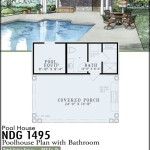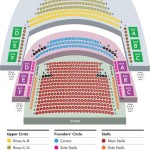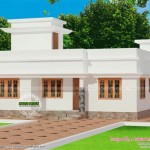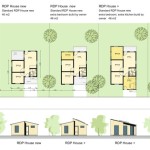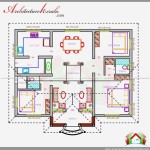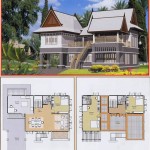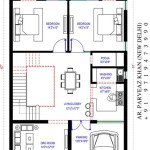Essential Aspects of Small Prefab House Plans
Prefabricated homes, commonly known as prefabs, offer a range of benefits for those seeking smaller and more affordable housing solutions. These homes are built in sections in a factory and then assembled on-site, providing a faster and more efficient construction process.
When designing small prefab house plans, it is crucial to consider several essential aspects to ensure a livable and comfortable space:
## Space PlanningOptimizing space is paramount in small prefabs. Carefully plan the layout to maximize efficiency and minimize wasted space. Consider multi-purpose areas, built-in storage, and modular furniture that can adapt to changing needs.
## Natural LightIncorporating natural light into your prefab plan is essential for creating a bright and airy living environment. Large windows, skylights, and sliding doors allow ample daylight to enter the space, reducing energy consumption and boosting overall well-being.
## Ventilation and AirflowProper ventilation is crucial to maintain indoor air quality and prevent mold and mildew. Include cross-ventilation features such as windows on opposite walls, ceiling fans, and exhaust systems to ensure adequate airflow throughout the space.
## Energy EfficiencyPrefab homes provide excellent opportunities for energy-efficient design. Incorporate insulation into the walls, ceiling, and floor to minimize heat loss. Use energy-efficient appliances, LED lighting, and renewable energy sources, such as solar panels, to reduce utility bills and environmental impact.
## Storage SolutionsLimited storage space is a common challenge in small prefabs. Plan for ample built-in storage options, such as shelves, drawers, and cabinets. Vertical storage solutions, such as hanging racks and wall-mounted shelves, can also maximize space utilization.
## Customizations and FlexibilityPrefabricated homes are not limited to standardized designs. Many manufacturers offer customization options to tailor the plan to your specific needs and preferences. Consider adjusting the floor plan, adding additional windows or doors, and selecting finishes and materials that suit your style.
## SustainabilityIncorporating sustainable features into your prefab design is important for reducing environmental impact. Use eco-friendly building materials, such as recycled or reclaimed wood, and consider energy-efficient features, such as solar panels and rainwater collection systems, to create a more sustainable living space.
By carefully considering these essential aspects, you can design a small prefab house plan that meets your lifestyle, budget, and environmental concerns. Prefabricated homes offer a practical and cost-effective solution for those seeking a smaller and more sustainable living experience.

Small Prefab House B Line Homes Houses

Livinghomes And Make It Right Introduce Affordable Green Prefab House Floor Plans Building A Container Home

Small Prefab Mini House One Cabins

High Quality Sustainable Prefab Backyard Tiny House Idesignarch Interior Design Architecture Decorating E Mini Maison Plan De Etage

Modern Prefab Homes Under 50k You Can Buy Right Now Jjchouses

Charming Small Prefab Home Model Idesignarch Interior Design Architecture Decorating E

Modular Home Plan Three Bedroom House Floor Prefab Plans Craftsman

Prefab Tiny House Modular Small Plans Garden Modern Loft Plan Backyard

Modern Prefab Homes Under 50k You Can Buy Right Now Jjchouses

Technology Green Energy Sustainable House Plans Casas Modulares Prefabricadas Planos De

